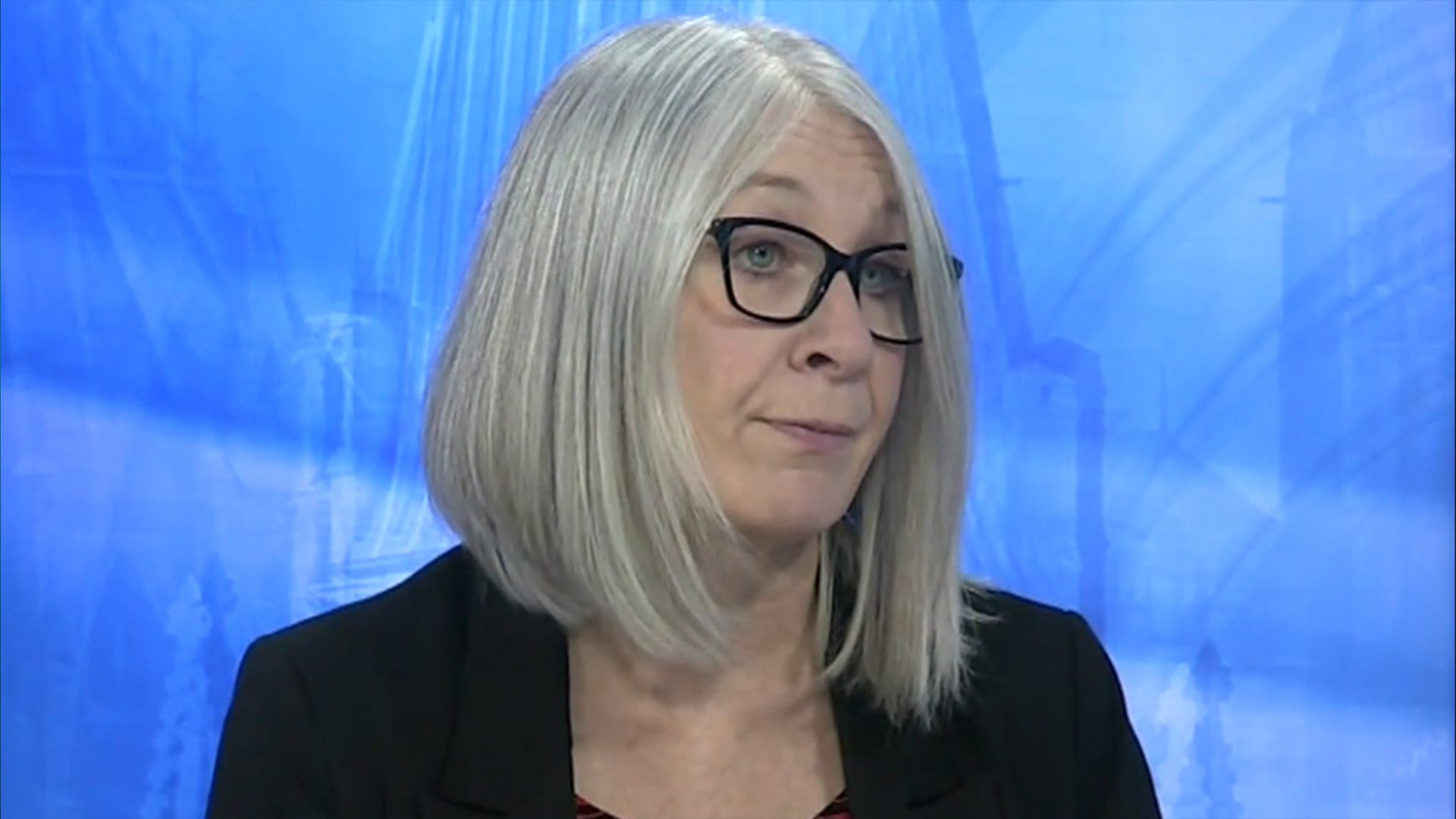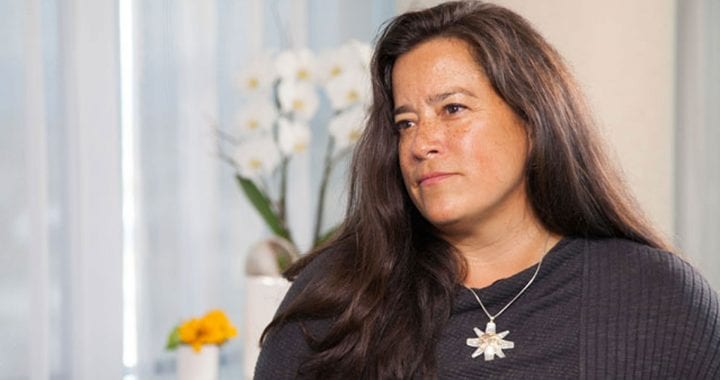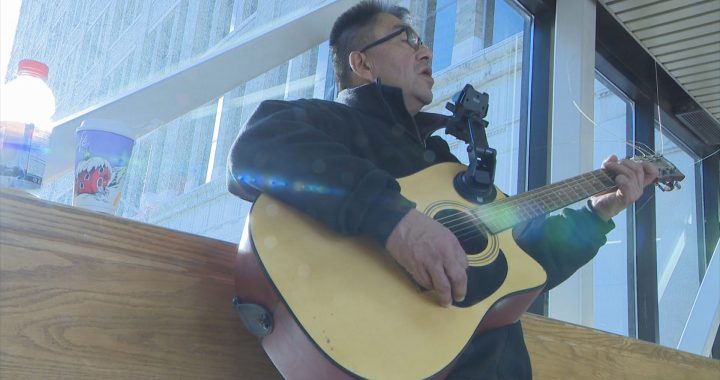Crown-Indigenous Relations (CIRNAC) and Indigenous Services Canada (ISC) are trying to get ahead of criticism over their reported “failure” to spend billions of dollars earmarked in the Federal budget for specific programs and services.
These amounts were made public earlier this week, spelled out in the most recent report on federal revenues and spending by every government department, and tabled in the House of Commons.
According to figures in that report, ISC failed to spend $3.4 billion, while CIRNAC returned $2.2 billion to the federal treasury.
Minister of Crown-Indigenous Relations, Marc Miller, told APTN’s Nation to Nation there seems to be a “false impression” that this money has “disappeared.”
“The vast majority – if not all of those funds – have been distributed out in the communities for the course of the rest of [2022],” Miller explained. “That’s kind of the misconception that we’re trying to dispel today. I think it’s important for [APTN’s] viewers or listeners to know that [CIRNAC’S] $2.2 billion or so has, for the vast majority, been paid out to communities as part of settlements we keep pushing on – and will keep pushing through in 2023.”
Indigenous Services Canada, for their part, attributed much of the lapse to the timing and progress of negotiations for specific claims and childhood litigations, including child welfare and 60s Scoop class actions.

They also say much of the money remains available for future years.
“There are a number of funds that are request-based, like Jordan’s Principle, so it’s important to have enough money in that pot and continue to meet our legal and moral obligations to respond to requests within 24 hours, no matter how small or large,” Patty Hadju, Minister of Indigenous Services, explained.
“All of that money is accounted for, it’s all dedicated to a particular purpose – and I have every confidence we’re going to spend every dollar.”
Nunavut MP wants gun control amendment repealed
Canada’s proposed gun law, C-21, is still being debated in the House of Commons, and has been the subject of several meetings of the Public Safety and National Security Committee.
The bill first proposed banning only handguns, but a “last-minute” amendment tabled in December, adding – long guns – rifles and shotguns – to the list, has NDP MP Lori Idlout up in arms.
“Gun violence that we see is a symptom. And that symptom is based on the colonial policies, the genocidal policies that are still impacting Indigenous peoples’ lives,” Idlout told Nation to Nation.
“[This amendment] is very much at the forefront of people’s minds in my riding. Their biggest concern is that it’s going to impact their ability to both protect themselves from predators, like polar bears, but also to hunt,” she added.
“This amendment infringes on Indigenous peoples’ rights.”
Commanda speaks up for Indigenous languages
It’s been nearly four years since the federal government passed the Indigenous Languages Act, known as Bill C-91.
While its purpose is to guarantee support for the protection and revitalization of Indigenous languages, the legislation doesn’t spell out how it’s supposed to happen.
This week, Parliament’s Indigenous Affairs Committee has been studying the issue of language – and one of their witnesses, Algonquin Elder Claudette Commanda, had some thoughts about how the government can support the act.
“Our languages must be respected and embraced as the first and original languages that come from this land, and nowhere else,” Commanda explained.
“[The Federal government] has to understand and respectfully provide at some level – at the very lease – the same level of funding that they give to the French language.”
With files from The Canadian Press












